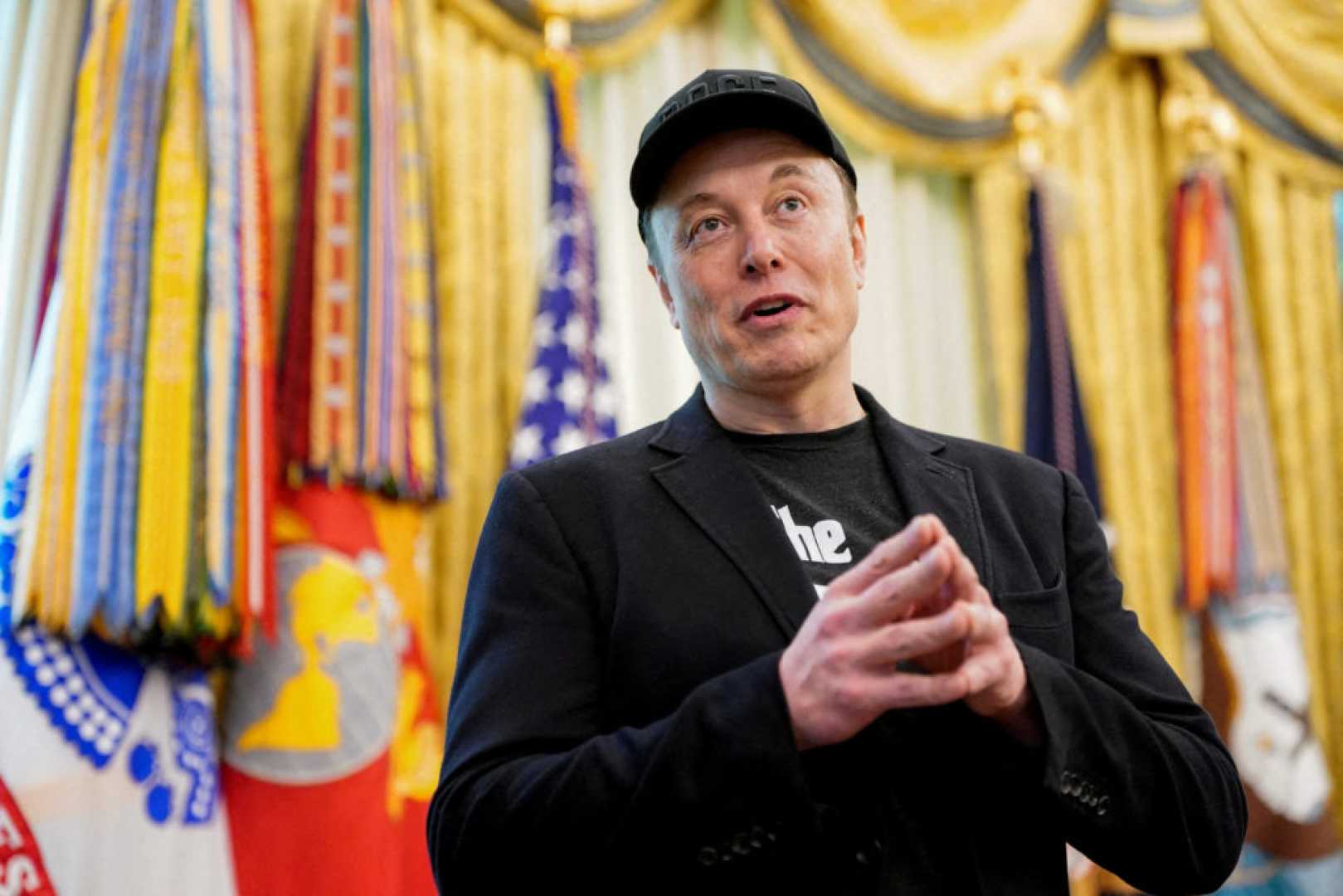Politics
Experts Skeptical of Musk’s New American Party’s Impact on Congress

NEW YORK, NY — Elon Musk announced the launch of the American Party in early July, aiming to shake up the U.S. political landscape. Musk, the world’s richest man, described the current two-party system as a failure, claiming it lacks democracy. He posited that the American Party would restore freedom to the electorate by winning key legislative seats.
Musk’s ambition is to gain a foothold in Congress, believing that capturing just a few seats could allow the party to influence significant legislation. However, political experts express doubts about the new party’s viability. Bernard Tamas, a political science professor at Valdosta State University, warned that history shows third parties rarely succeed in winning Congressional seats.
Tamas stated, “There is no evidence that a third party can actually win seats in Congress, much less have any impact on policy.” He elaborated that the power of the established parties stems from their deep-rooted structures and extensive networks, which a new party cannot easily replicate.
Critics point out that the American Party seems born more from frustration than from a solid political vision. Following a confrontation with Donald Trump, Musk’s reaction appears spontaneous. Compounding issues, the domain name americaparty.com is owned by someone else, who is looking to sell it for $6.9 million.
The official account for the American Party was also unavailable on social media, forcing the usage of an alternative name. To date, the party has not unveiled a coherent political platform, manifesto, or list of candidates, leaving many questions unanswered.
Historically, other third parties have successfully influenced public policies without needing to secure electoral victories. Tamas referenced the Progressive Party and the Farmer and Labor Party in some U.S. states as examples. However, Musk’s approach lacks the grassroots connection needed to achieve similar results. His prior project, the Forward Party, led by Andrew Yang, struggled to maintain momentum and rarely appears in political conversations.
Polling data reflects a disconnection between public desire for a third party and actual support. While 65% of Musk’s followers on social media indicated they might back the American Party, a broader survey found that only 14% of voters expressed intent to support it.
Furthermore, Musk himself has become a polarizing figure among the public, with recent data indicating that 60% of Americans view him negatively. Controversial figures, such as right-wing advisor Curtis Yarvin, add to the skepticism surrounding the party’s direction.
While Musk proclaims, “America is going to have a third party,” questions remain about whether Americans desire one led by someone with his controversial background and unclear ambitions. Thus far, the American Party resembles more of a personal endeavor than a legitimate political movement.












